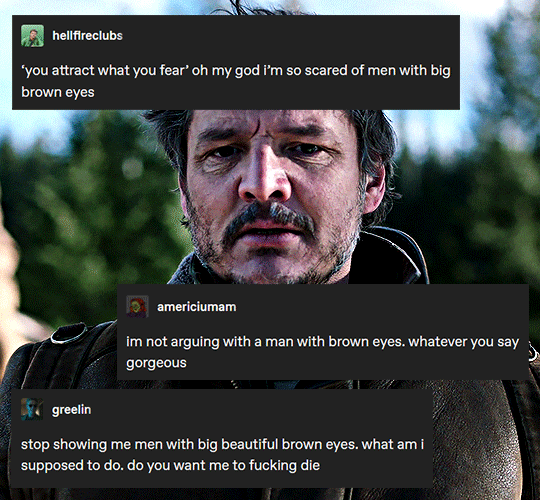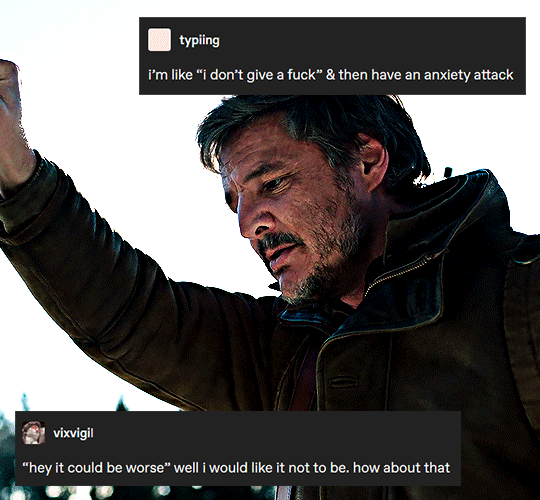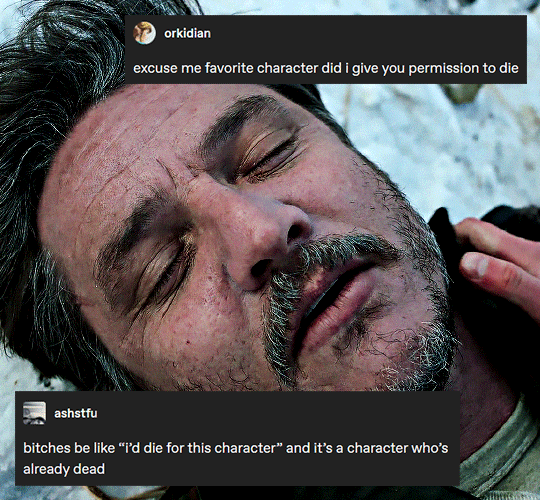Souha + Heim (Home) //Fangirl of fangirls // 33 // About me: I'm here, building a home of words. This is the first room. A jibber-jabber of books, art & music.
Don't wanna be here? Send us removal request.
Text
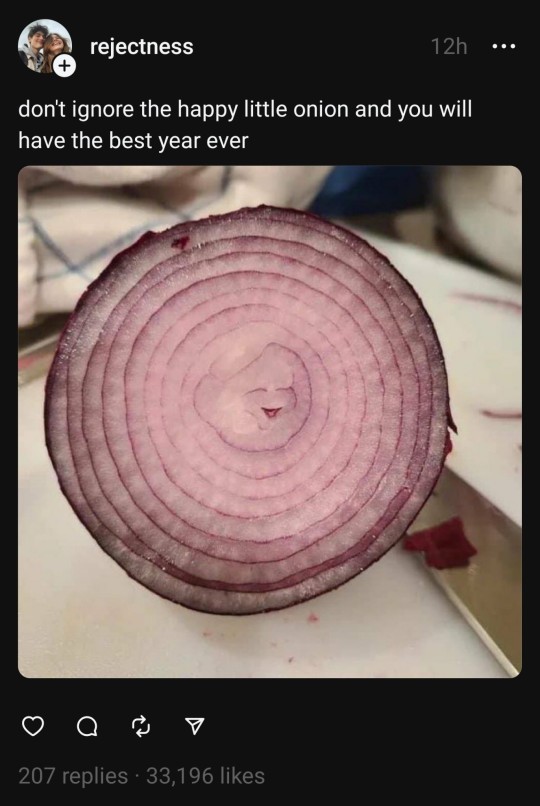
ignore it and you will still have the best year ever bc you deserve beautiful things
18K notes
·
View notes
Photo



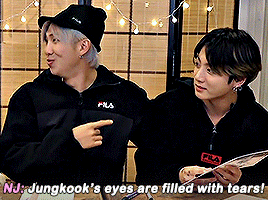
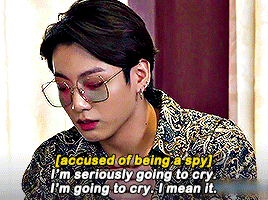
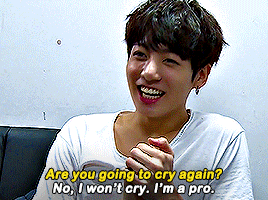
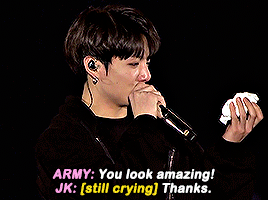
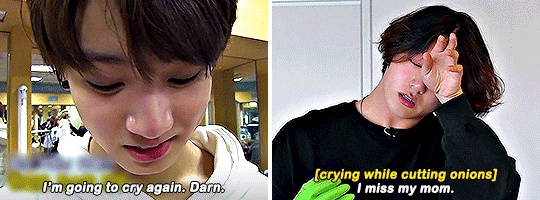
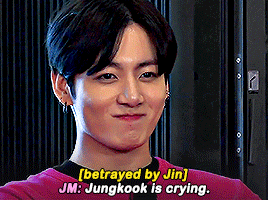
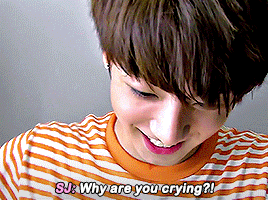
he just has very sensitive tear ducts cr. namuspromised, 0613data, jung-koook
6K notes
·
View notes
Text
Bad Beginnings
Such a sad thing for this weird girl, she forgets her epiphanies. Too many times life changing ideas arrange themselves in perfect constellations - only to drain out from the sieve that is her memory. She doesn’t feel sorry for herself though, she has learnt to keep track - perhaps that’s where her relationship with writing began - just as a written record. The page will hold what her memory sieve cannot.
Writing well is notoriously hard. But for a forgetful perfectionists, this is a treacherous journey that, more often than not, lulls them into nap caves. Not all danger must actually be dangerous. Souha knows this and yet, she caves and then she naps. It’s much easier than trying to remember that perfect thought which she didn’t write down.
Like the one about the magic of bad beginnings. In writing, bad beginnings seem to contain a powerful spell. The witch of the unwritten dream blocks her from accessing this spell but when she finally begins, every time she begins, she suddenly remembers - BADLY BEGUN IS HALF WON.
1 note
·
View note
Text
When websites go "oh actually you have to use our app to view things on mobile now :)" evil. I will simply not do the thing now. Fuck your app.
77K notes
·
View notes
Text
no YOU live in a society i live in this frame of pride and prejudice

71K notes
·
View notes
Text
girlie you can’t give up now you don’t have the dark green couch of your dreams yet
98K notes
·
View notes
Text
early homo sapiens b like help i cant stop making bowls . help i cant stop domesticating plants and animals. help i cant stop developing language and architecture and religion
335K notes
·
View notes
Text
sayіng “first of aII” without having a second thought
99K notes
·
View notes
Text
Jin, at night, texting Namjoon: I’m in bed. I can’t wait for you to come home 30 minutes later Namjoon, comes running into the bedroom, out of breath: Sorry I’m late Jin: What the hell took you so long? Namjoon before:

76 notes
·
View notes
Text
Writing Grief
I’ve heard from many places - and wholeheartedly stand by - the idea that the larger the scope you’re trying to portray, the smaller your focus should be. For example, if you’re writing about a village that’s been destroyed, you don’t focus on the destruction everywhere, you focus on a little child’s doll lying half-scorched in the street. The idea is to channel as much of the emotion as possible into the smallest details. That’s how it’s the most potent.
Grief is one of these big things. Grief rocks your world, and it’s grip doesn’t go away as soon as the next thing comes around. It strikes at odd moments.
The thing with grief is that everyone experiences it differently, and everyone’s got different memories surrounding it. Given this fact, I’m going to describe questions who’s answers you may incorporate into your narrative, but I cannot give you a “this is how to write your character’s grieving.” The questions I’ve listed below are likely going to be most relevant at or just after another character’s died, when things are freshest and at their most raw.
(note: “or” questions do not necessarily mean you have to choose one or the other. You can, but it’s also saying, “is at least one of these the case?”)
How does it feel externally?
Do things feel too rough, or too soft? Too squishy or too unyielding?
Are yoru character’s sleeves damp or wet from wiping away tears? are there balls of tissues held tight in your character’s fists?
Is the air too cold or too warm?
Is the space too tight, or too open?
How does it feel physically internally?
Is your character’s jaw clenched or their muscles tightened?
Do their eyes sting or feel puffy from tears?
Are they dehydrated and/or hungry?
Does their skin feel cold to the touch?
Do they crave physical contact such as hugs, or do they not want to be touched?
How does your character feel emotionally?
Are they angry, scared, sad, or unsure?
Do they feel emotionally empty like there is nothing inside of them (do they feel cold but aren’t physically cold)?
Are their thoughts coherant, or are they scattered?
What do they notice? Colors, shapes, patterns, sounds, movement, tactile sensations, smells?
Is your character craving a sense or normalcy, or a sense of difference that reflects the difference of someone dying?
How does your character physically react?
Do they start crying or showing other intense emotions?
Do they try to hold everything inside and/or not show other people?
Does their movement style change (they’re jerkier, slower, etc)?
Do they not seem to hear anything anyone else is saying?
Do they try to overcompensate and/or pretend that what happened didn’t really matter (showing intense emotions seemingly unrelated to grief)?
#perform#MY GOD#THIS IS SO USEFUL#NOT JUST FOR WRITERS WRITING#Just to see that everyone reacts to grief differently after having pushed my own experience aside because it doesn't#yeah#also fucking brilliant#writing treasure
289 notes
·
View notes
Text
This blog, like it’s maker, gives me a lot of peace.
2 notes
·
View notes
Text
Sometimes people use “respect” to mean “treating someone like a person” and sometimes they use “respect” to mean “treating someone like an authority”
and sometimes people who are used to being treated like an authority say “if you won’t respect me I won’t respect you” and they mean “if you won’t treat me like an authority I won’t treat you like a person”
and they think they’re being fair but they aren’t, and it’s not okay.
813K notes
·
View notes
Text
Tips for Writing a Difficult Scene
Every writer inevitably gets to that scene that just doesn't want to work. It doesn't flow, no matter how hard you try. Well, here are some things to try to get out of that rut:
1. Change the weather
I know this doesn't sound like it'll make much of a difference, but trust me when I say it does.
Every single time I've tried this, it worked and the scene flowed magically.
2. Change the POV
If your book has multiple POV characters, it might be a good idea to switch the scene to another character's perspective.
9/10 times, this will make the scene flow better.
3. Start the scene earlier/later
Oftentimes, a scene just doesn't work because you're not starting in the right place.
Perhaps you're starting too late and giving too little context. Perhaps some description or character introspection is needed before you dive in.
Alternatively, you may be taking too long to get to the actual point of the scene. Would it help to dive straight into the action without much ado?
4. Write only the dialogue
If your scene involves dialogue, it can help immensely to write only the spoken words the first time round.
It's even better if you highlight different characters' speech in different colors.
Then, later on, you can go back and fill in the dialogue tags, description etc.
5. Fuck it and use a placeholder
If nothing works, it's time to move on.
Rather than perpetually getting stuck on that one scene, use a placeholder. Something like: [they escape somehow] or [big emotional talk].
And then continue with the draft.
This'll help you keep momentum and, maybe, make the scene easier to write later on once you have a better grasp on the plot and characters.
Trust me, I do this all the time.
It can take some practice to get past your Type A brain screaming at you, but it's worth it.
So, those are some things to try when a scene is being difficult. I hope that these tips help :)
Reblog if you found this post useful. Comment with your own tips. Follow me for similar content.
53K notes
·
View notes


